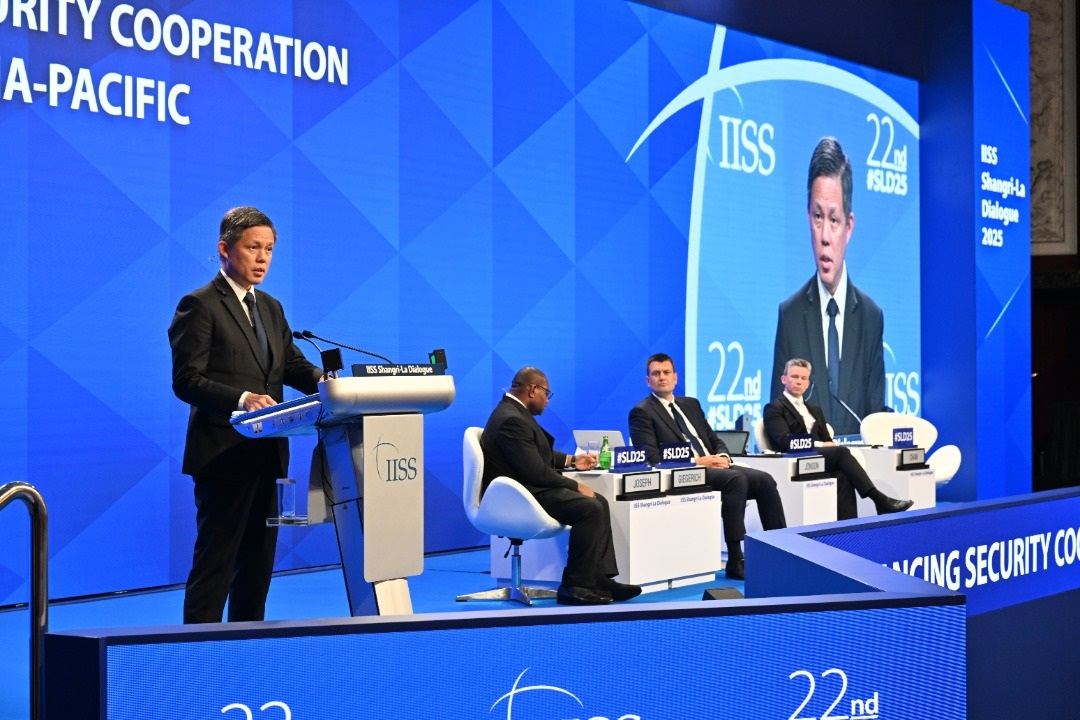DIPLOMACY
MORE DIALOGUE, PRACTICAL COOPERATION NEEDED
16 Jul 2014
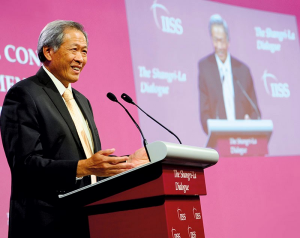
Defence leaders from Asia-Pacific, North America and Europe gather at the three-day Shangri-La Dialogue to find ways to mitigate and resolve key security challenges.
Rising tensions in the East and South China Seas, and the need for common principles to guide countries towards peaceful resolutions were top issues discussed at the 13th edition of the International Institute for Strategic Studies (IISS) Asia Security Summit: The Shangri-La Dialogue, held this year from 30 May to 1 Jun.
The annual security forum was attended by 26 ministerial-level delegates as well as other senior defence officials, military top brass and academics from the Asia-Pacific region and beyond. This year's Shangri-la Dialogue was marked by frank and open discussions and the exchange of views on hot-button security issues.
Japanese Prime Minister Shinzo Abe kicked off the Dialogue with a call for countries to observe international law to ensure peace in the region during his keynote address on 30 May: "It means making claims that are faithful in the light of international law, not resorting to force or coercion, and resolving all disputes through peaceful means."
Lack of strategic trust
Speaking at the final plenary session of the Dialogue, Minister for Defence Dr Ng Eng Hen said that regional countries must first overcome the lack of trust before there can be peaceful resolutions.
He noted that unlike in Europe, there was no binding aversion to war here. "Asia does not have the equivalent of the 'never again' resolve that bound all of Europe after two world wars, and that translated into political will to create formal structures and alliances to avoid war."
There are also fewer safeguards and structures to mitigate fallouts in Asia, where "unresolved historical baggage (and) animosities" exist among China, Japan and South Korea. Defence spending in Asia has also risen against world trends.
Dr Ng also warned that competition for resources, disputes over overeignty, and economic uncertainty could lead to instability. In addition, many countries' resolves are shaped by their individual histories. For example, China does not want a repeat of the "century of humiliation and unequal treaties" that occurred in the 19th century, and Japan wants to move on from the baggage of World War II, while ASEAN countries never again want to be colonised and exploited.
Thus the political challenge facing Asia, he said, is to ensure that these circles of aspirations and ambitions of individual countries intersect as much as possible.
"Asia must therefore build more resilient mechanisms to forge consensus and political will to prevent if not mitigate conflicts," he said.
Dialogue and cooperation
"Many have pointed out that strategic trust among Asian countries is lacking. We need to have open and frank dialogue on security challenges, like we are doing here, before they can be meaningfully addressed," said Dr Ng.
He urged countries to strengthen multilateral frameworks for dialogues, and to step up cooperation between militaries to forge trust among countries. He cited the ASEAN Defence Ministers' Meeting (ADMM) and ADMM-Plus as examples.
Formed only four years ago, the ADMM-Plus has moved from dialogue to practical outcome, paving the way for countries to work together. In June 2013, all 18 countries came together in Brunei to conduct a large-scale Humanitarian Assistance and Disaster Relief (HADR) and Military Medicine exercise. Various countries also provided rapid HADR in the Typhoon Haiyan relief efforts and in the search for the missing Malaysia Airlines flight MH 370.
Dr Ng noted that concerted action to help one another in HADR is a key means of achieving trust. And he explained that this and the recent natural disasters that hit the region were the reasons Singapore offered to host a Regional HADR Coordination Centre.
This proposal was supported by the United States (US) Secretary of Defence Chuck Hagel in the opening plenary session of the Dialogue, who agreed that "ASEAN member states should consider Singapore s offer to use Changi Naval Base as another regional command and control hub".
US, China to up engagement
Mr Hagel also echoed Mr Abe's call for countries to observe international law, and pledged to ramp up the US' military presence in the region despite persistent budget woes. It planned to increase foreign military financing by 35 percent and military education and training by 40 percent by 2016.
"The rebalance is not a goal, not a promise, or a vision - it is a reality," he said.
Similarly, China pledged to advocate dialogues and cooperation, and will explore creating direct telephone links with ASEAN countries to manage differences and avoid miscalculations, said Lieutenant-General (LG) Wang Guanzhong, Deputy Chief of the General Staff of the People s Liberation Army, in his plenary speech.
"The security of China is closely linked to that of Asia... China is a constructive, proactive and positive force for Asia's peace and security," he said.
"Many have pointed out that strategic trust among Asian countries is lacking. We need to have open and frank dialogue on security challenges, like we are doing here (at the Dialogue), before they can be meaningfully addressed."
- Dr Ng
ALSO READ IN DIPLOMACY
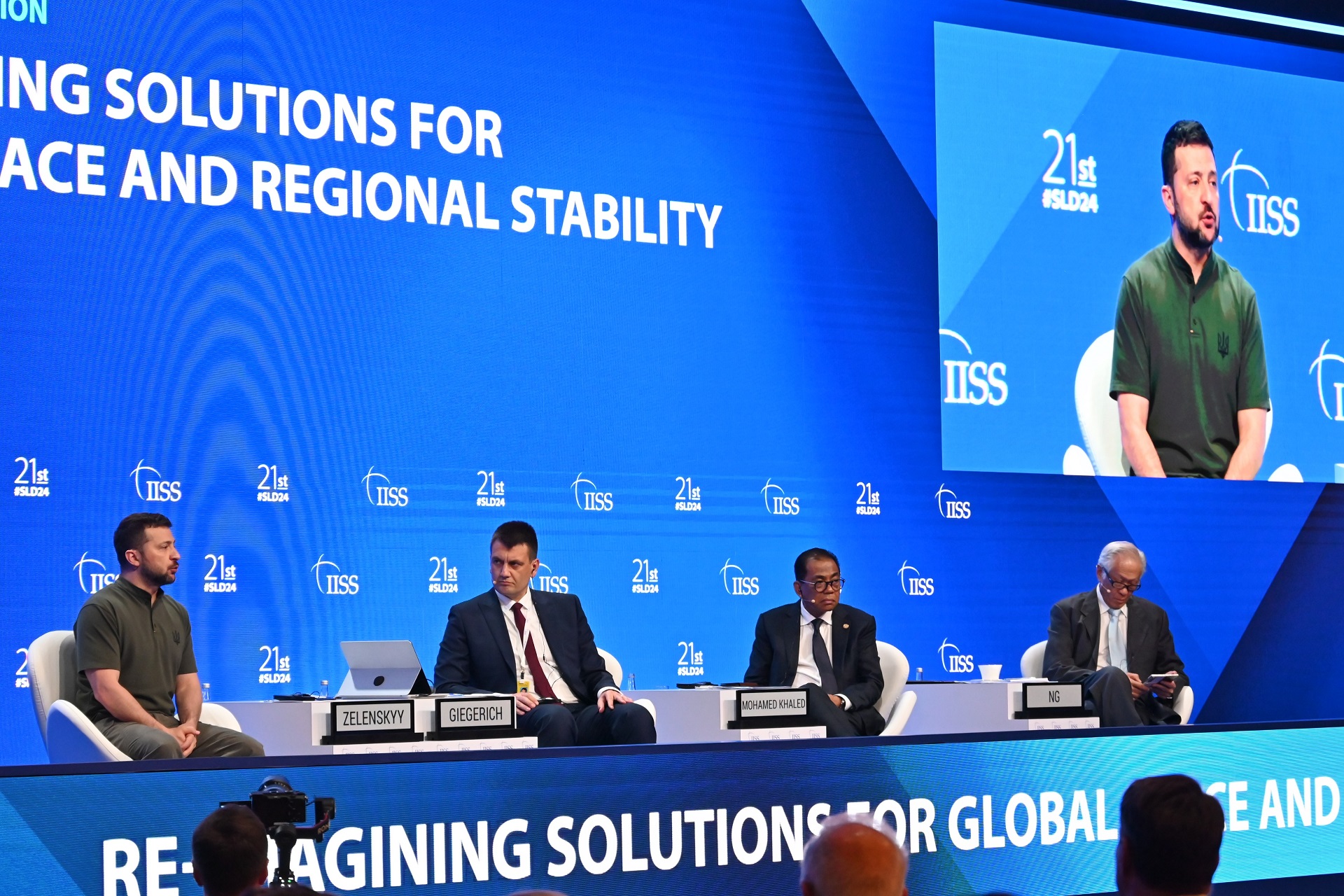
A call for peace at Shangri La Dialogue
02 Jun 2024
A repeated call for peace, especially in Asia. This was Minister for Defence Dr Ng Eng Hen's central message at the 21st Shangri La Dialogue (SLD), held from 31 May to 2 Jun.
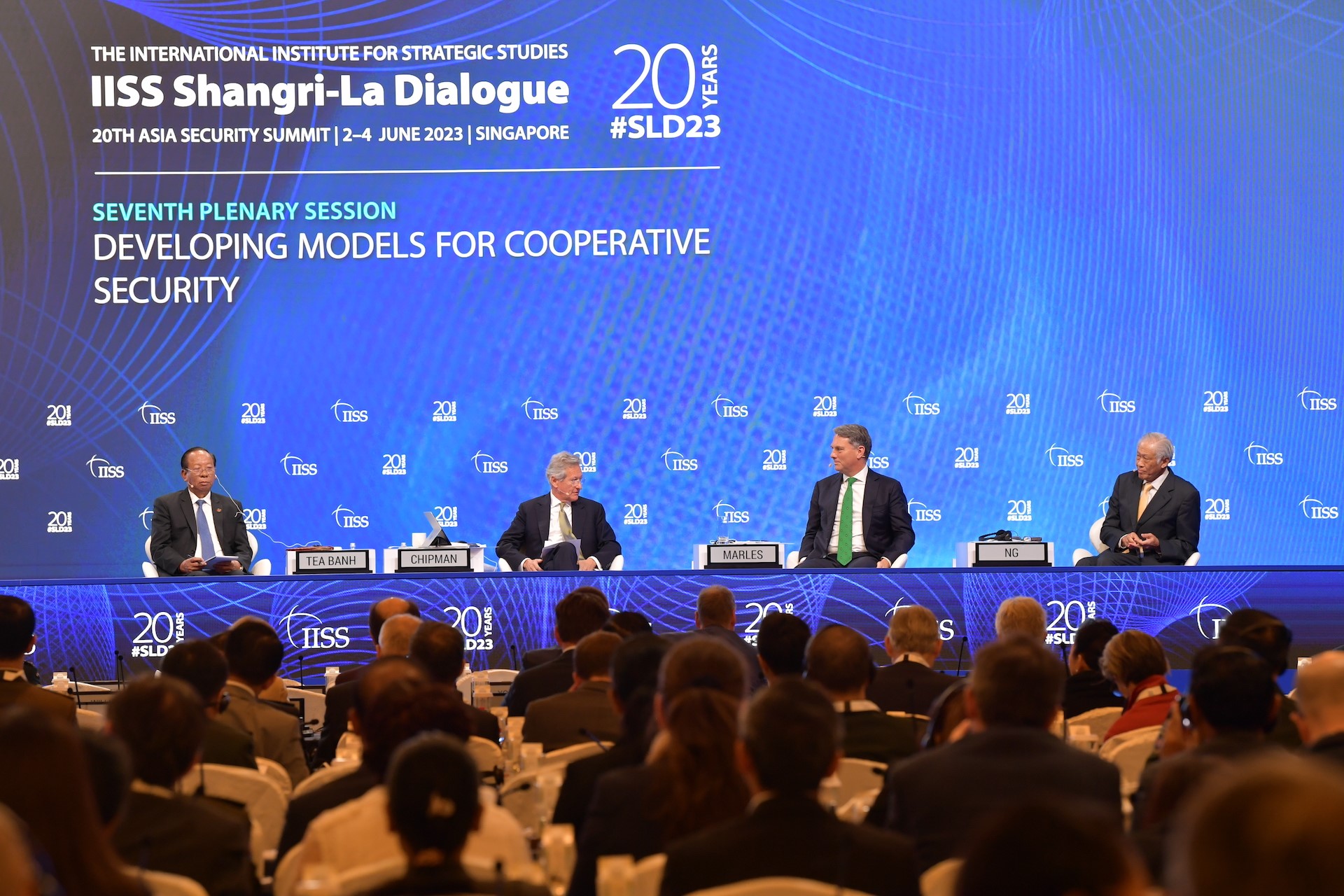
Shangri-La Dialogue sees frank discussion of security issues
04 Jun 2023
The 20th Shangri-La Dialogue, held from 2 to 4 Jun, saw ministers from around the world meet in Singapore to discuss key defence and security issues.
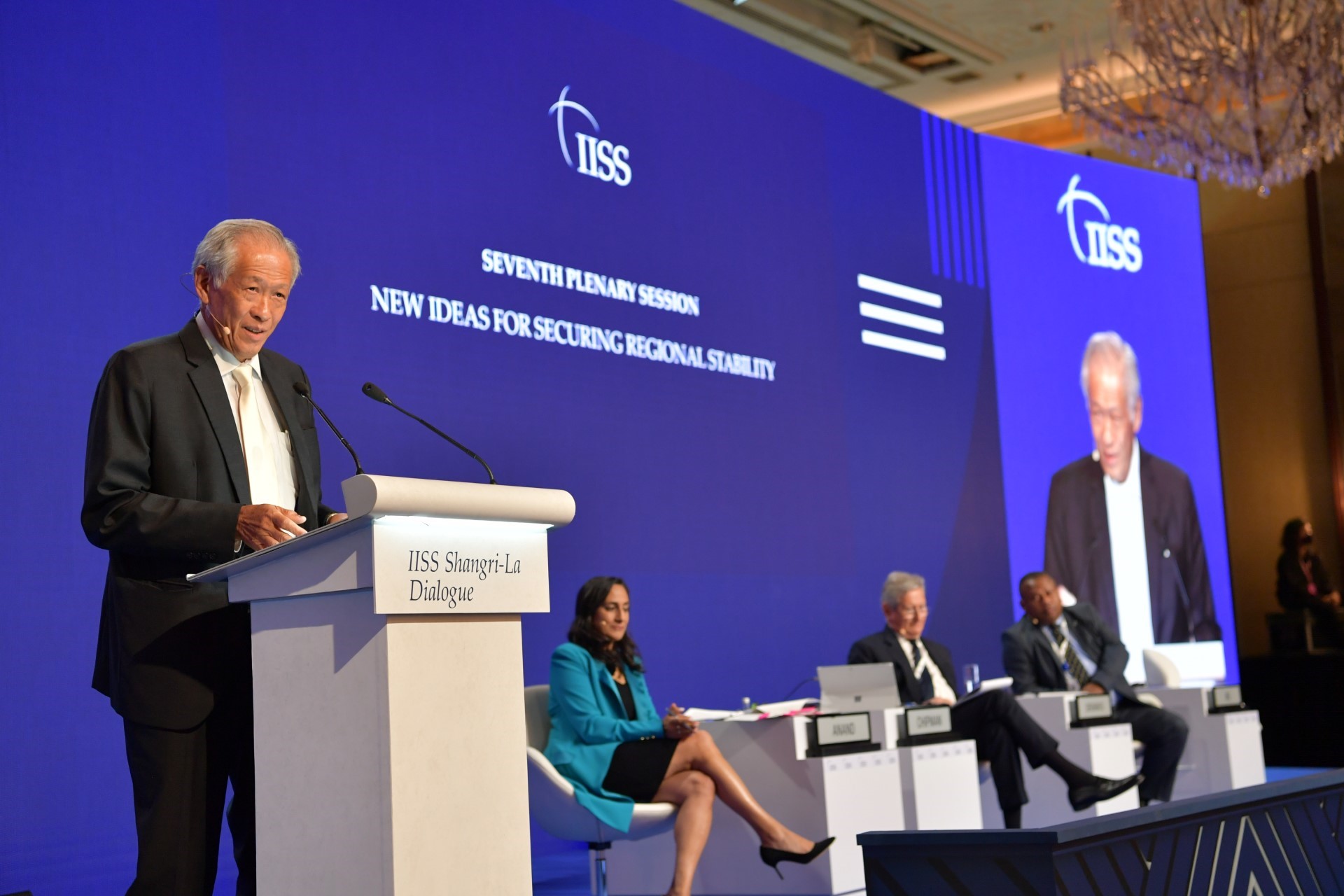
SLD remains valuable platform for crucial discussions: Dr Ng
12 Jun 2022
Minister for Defence Dr Ng Eng Hen spoke on the US-China relationship, the importance of a rules-based order and the role of ASEAN as a regional security platform at the 19th Shangri-La Dialogue (SLD).



